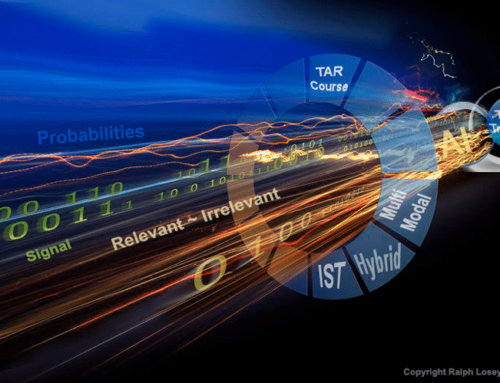Autonomous Vehicles:
Just released: Progo Motor Company, the largest manufacturer of autonomous vehicles, has introduced new options for the upcoming 2018 model year.
As preorders for the incredibly successful AIGO begin this March, buyers will have more choices to customize the algorithms that drive the self-driving computers that power their vehicles. The most notable change:
Buyers in Florida will have the choice between preprogrammed systems that command the car to drive in the left lane 5MPH below the speed limit; or for a small fee, programmed to aggressively cut off other cars, pass on the right, drive dangerously, but always end up at the destination at the same time as the safer driving cars around them.
______________________
Now that self-driving cars are becoming a reality, the social impacts are being discussed more broadly. For those of us that spend our days immersed in technology, there may be some lessons hidden in the final implementation of the self- driving algorithms and the state laws that are created to allow machines and people to interact on a decision-by-decision level.
Much has been said about the inability of self-driving cars to get anywhere in pedestrian zones. Once street crossing commuters realize that the vehicle has no choice but to let them cross – the technology absolutely will not allow them to be run over – why would they ever yield to a vehicle.
In order to avoid an accident, self-driving vehicles will have to make room for vehicles that wait until the last minute to merge. Unless drivers turn off the autonomous feature, they really could sit forever in traffic.
Our legal system is a system of people. Cases that involve people are litigated by people and ultimately decided by people. Those of us that operate the tools that process the incoming data need to look up from our monitors from time to time and make sure we remember that. Blindly applying rules and preset parameters to a data set based on technology driven decisions will yield less intuitive and there by less beneficial results.
When initially speaking with a client or IT person about data to be processed the first few questions from our team are:
- What is it?
- Where did it come from?
- What do you believe it means to your case?
- Who made it? (not who collected it, or who the custodian is)
Human questions about how we are going to use technology.
Litigation support providers have amazing tools to process, cull, analyze and review data. The key difference in the usable results lies in applying the human element to the process when appropriate.
For more Tidbits & Thoughts, please click here.






